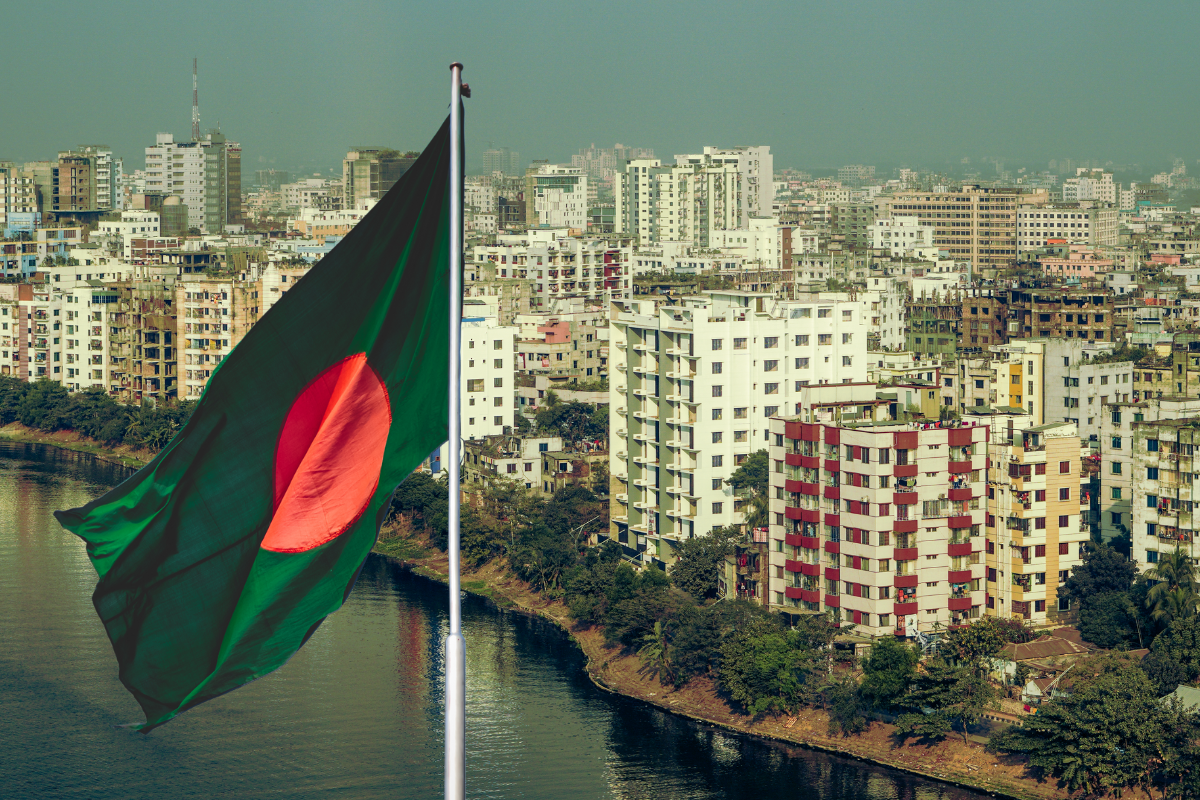In the bustling markets of Dhaka, where the aroma of spices mingles with the calls of vendors, a new challenge confronts the citizens of Bangladesh: the relentless surge in the cost of living. The economic strain has prompted Bishop Subroto Boniface Gomes, Auxiliary Bishop of Dhaka, to urge the government to act. He wants it to relieve its people’s financial burdens.
“The sharp increase in the prices of food and other basic necessities is putting a heavy strain on the population,” Bishop Gomes remarked in a recent interview. “The faithful complain that shopping in the capital’s markets, even for meat, fish, eggs, has become an arduous task. How can families support themselves?”
Since August 2024, Nobel laureate Muhammad Yunus has led Bangladesh’s interim government. He took over after protests ousted former Prime Minister Sheikh Hasina.
The new administration has started several reforms. It has set up commissions to address electoral systems, public administration, and constitutional issues. However, the escalating cost of living remains a pressing concern for many citizens.
The economic challenges are multifaceted. Global market fluctuations have led to significant price increases for essential commodities. For instance, over the past year, the price of onions in Bangladesh soared by 93.33%, despite a 63% drop in global markets. Similarly, garlic prices have risen by 92.86% locally, even as they declined by 16% internationally.
These disparities highlight the complexities of the nation’s economic landscape.
In response to these challenges, the government has implemented measures to stabilize the market. The Trading Corporation of Bangladesh (TCB) plans to distribute essential commodities, including rice, edible oil, sugar, and lentils, to one crore (ten million) family cardholders.
Also, the government is exploring direct imports of commodities. This is to increase supply and reduce prices.
Bishop Gomes acknowledges the efforts of the Yunus government, noting that relations between the Catholic Church and the administration are “good.” He has advocated for the inclusion of Christians in government and reform commissions, emphasizing the importance of diverse perspectives in shaping the country’s future.
The economic situation has also led to unintended consequences, such as the rise of illegal barter trade. India’s restrictions on food exports have spurred smuggling activities, with goods like sugar, grain, and onions being exchanged for gold across the Bangladesh-India border. This illegal trade hurts efforts to control food inflation. It also causes big revenue losses.
Amid economic uncertainty, calls for good governance and inclusive policies are growing in Bangladesh. The interim government’s response to the cost-of-living crisis is key.
It will shape the nation’s future. Bishop Gomes’s appeal reflects many citizens’ concerns. They hope for quick, effective action to ease their daily struggles.
In the words of Bishop Gomes, “It’s important that our views are taken into account on different aspects of the country’s future.”
As the government deliberates, the Bangladeshi people’s resilience is a beacon of hope in tough times.



